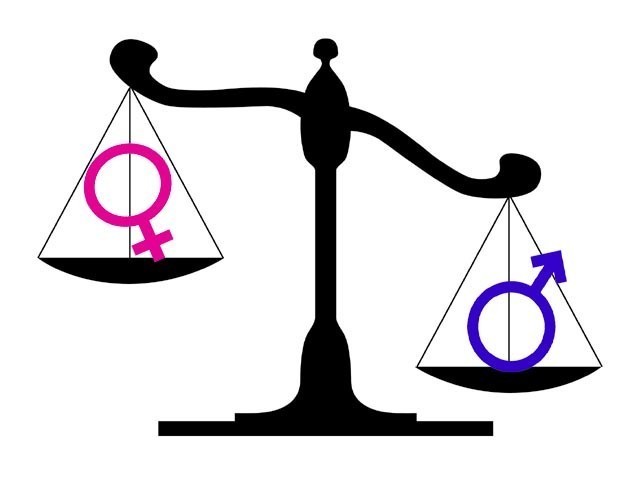In countries such as India, traditional norms are still surpassing the ever-changing mechanisms of modern society. In particular, gender disparity within their workforce still mimics that of century old practices, where women are expected to take care of homes, rather than play the role of “breadwinner”. Though different in each caste, women have tried for years to push barriers and enter male dominated fields even when faced with severe backlash. Some have managed to succeed and create new norms for generations to come. Kundapur Vaman Kamath, founding chief executive of ICICI Bank Ltd., developed a generation of female bankers. Among them are Kalpana Morparia who now leads JPMorgan Chase & Co.’s Indian operations and Madhabi Puri-Buch, who is a stock-market regulator.
Regardless of Kamath’s guidance, Indian women are still facing difficulties in trying to actively participation in the workforce. Approximately 21 million women dropped out of the workforce in Indian villages between 2005 and 2012, while fewer took up employment in cities compared with the period 1994-2005. Because of these numbers, younger generations have opted to stay longer in school to grant themselves adequate bargaining power in the work world and increase their chances of employment. Regardless, older women still fall victim to the expectation of staying home because of lack of pressure to contribute income to households. This wasted labour supply drastically reduces India’s economic potential as labour capital is not being maximized or used efficiently. Many would argue that the male dominated culture of India is the main cause of gender disparities in jobs, but it is also mostly the result of a lack of opportunities that are available to women in both urban and rural areas that are safe, and socially acceptable.
According to a new study by McKinsey & Co., gender equality in the workforce could drive India’s business-as-usual GDP upwards of 18% by 2025. If this study stands true in practicality, then it proves that equality can drive efficiency. Many believe that the act of granting equality means only taking from the rich and giving to the poor, which lowers the incentive of the rich to produce at the capacity that it did before. However, in this case, the workforce would just be more accommodating to the participation of female labour supply so that they can also contribute something meaningful to society. Until policies are changed in the favour of female workers, India’s chance of a higher GDP is stagnant. Women have proved for centuries that they are capable of bringing forth fruitful returns in whatever seeds they sow. Having their talents and knowledge being put to use in a professional capacity can positively impact economic development and growth.
If you liked this article and want to read other great stories, try our Archives. Also if you are new to investing you can try our Investment Basics Blog.
If you want to start investing with SSL but don’t have the time to monitor the market or to conduct the trades yourself then you can choose one of SSL’s managed Financial Planning products. We offer a variety of products for every type of investor and if you are interested in managing online trades yourself and having complete control over your investment portfolio then you can try SSL’s Brokerage account.
Follow us on Facebook, LinkedIn and Twitter please leave us a review.


